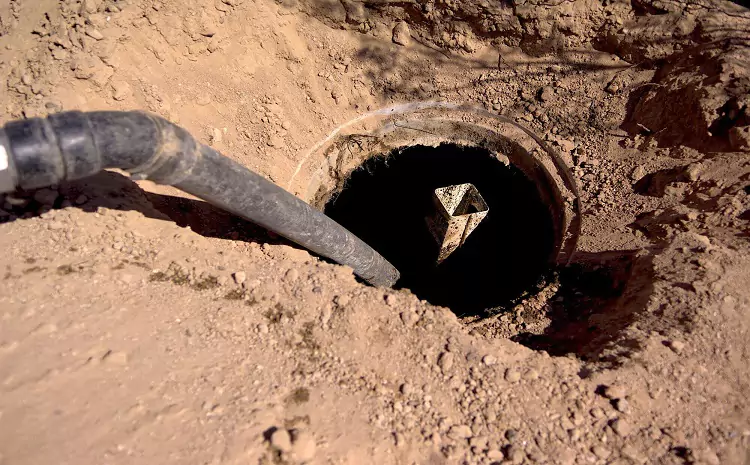As homeowners, we often take our septic system for granted until something goes wrong. Yet, septic system failures can be messy, costly, and disruptive.
The good news is that many of these failures are preventable with proper maintenance and care. In this post, we will delve into the common causes of septic system failure and provide practical tips on how to avoid them.
So whether you are a new homeowner or an experienced one, this post is for you. Let’s dive in and ensure that our septic systems continue to function for years to come.
1. Lack of Maintenance
When a septic system is not maintained, it can lead to a variety of issues such as clogs, backups, and even complete system failure. Regular maintenance, including pumping the tank every 3-5 years and inspecting the system for any potential issues, is crucial in ensuring proper functioning. Neglecting these simple tasks can result in expensive repairs and inconvenience for the homeowners.
To avoid septic system failure due to lack of maintenance, it is important to create a regular septic system maintenance schedule and follow it. By doing so, homeowners can save time and money in the long run and ensure the longevity of their septic system.
2. Excessive Water Usage
When too much water is entering the septic tank, it overwhelms the system and prevents the natural breakdown of solids. This causes the tank to fill up quickly and potentially overflow. This can contaminate the surrounding ground and water sources.
To avoid this issue, homeowners should be conscious of their water usage, fix any leaks or drips, and avoid activities that need large amounts of water in a short period. Using water-efficient appliances and spreading out laundry and dishwashing loads can also help prevent septic system failure due to excessive water usage.
3. Improper Waste Disposal
When household waste such as cooking oils, harsh chemicals, and non-biodegradable materials are flushed down the drain, they can cause blockages and damage to the septic tank and drain field. This leads to costly repairs and possible health hazards from sewage backups. To avoid this issue, it is essential to dispose of waste by separating it into appropriate bins for the following:
- recycling
- composting
- or disposal in designated facilities
It is also important to educate oneself on what items are safe to flush down the drain and to avoid using the toilet as a trashcan.
4. Heavy Rain or Flooding
This can also increase the risk of sewage leakage and contamination, posing a threat to both human health and the environment. To avoid this issue, it is crucial to maintain and inspect your septic system, especially before and after heavy rain events. It is also important to redirect rainwater away from the septic system.
Ensure proper drainage to prevent oversaturation of the soil. By taking these preventative measures, you can avoid costly septic system repairs and protect the health and safety of your loved ones. If you suspect a septic system failure, it is best to see this septic tank pumping service as soon as possible.
Learn How to Prevent Septic System Failure With Proper Maintenance.
Septic system failure can be a costly and stressful problem for homeowners to deal with. Yet, by understanding the common causes such as neglect, improper use, and lack of maintenance, steps can be taken to avoid these issues and ensure a functioning septic system.
Remember, regular inspections and drain field maintenance are key to preventing system failure. Don’t neglect your septic system – schedule a professional inspection today!
Looking for more? Make sure to bookmark our page to check out more interesting articles.

Mark Thompson, a seasoned pest controller, is renowned for his expertise in keeping homes and businesses free from unwanted intruders. With a passion for environmental sustainability and a deep understanding of pest behavior, Mark has become a trusted authority in the industry.
